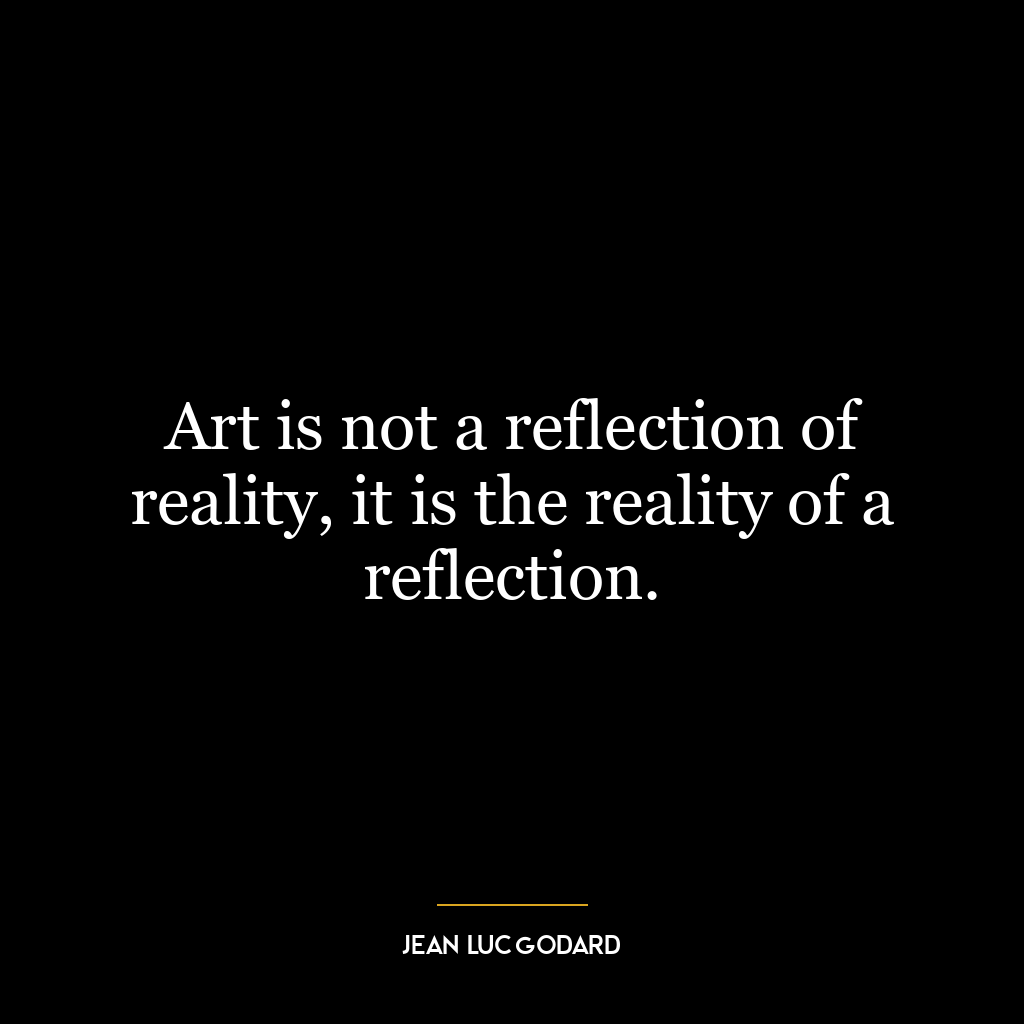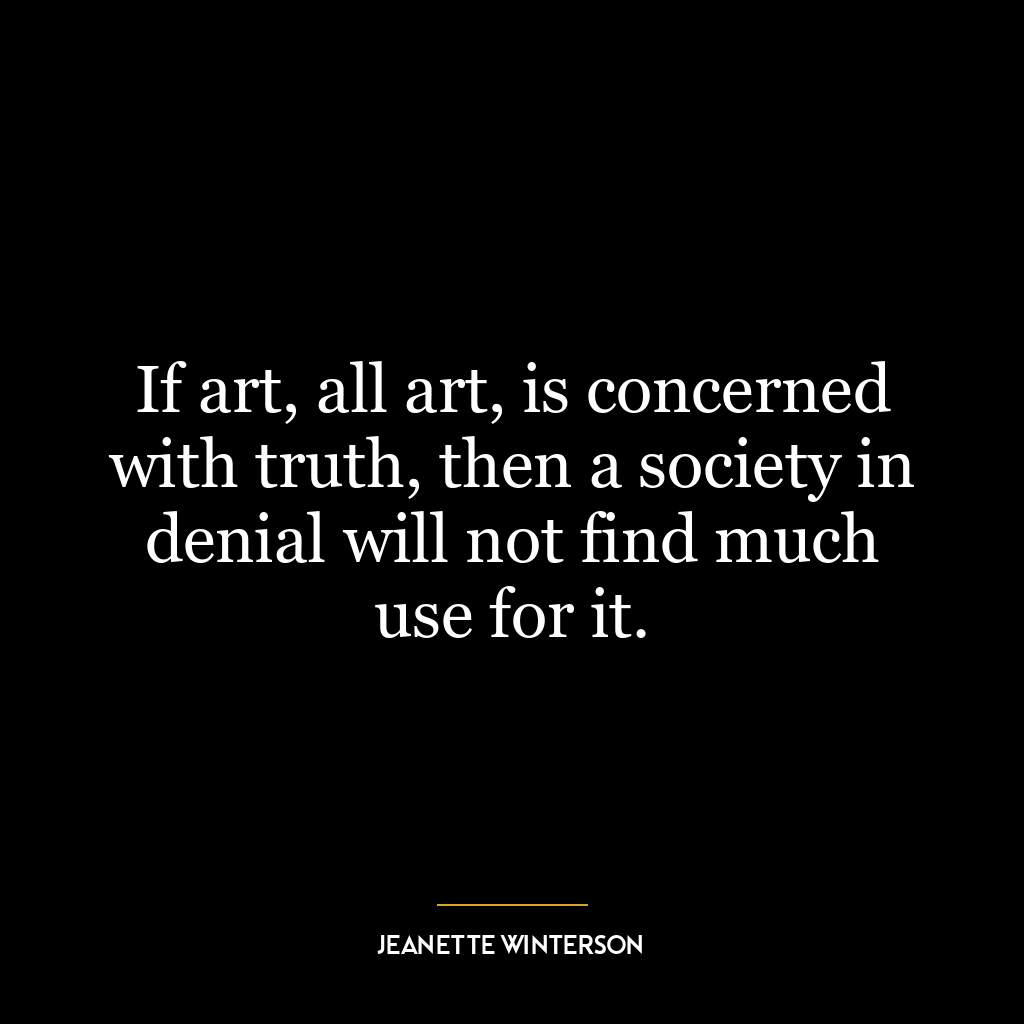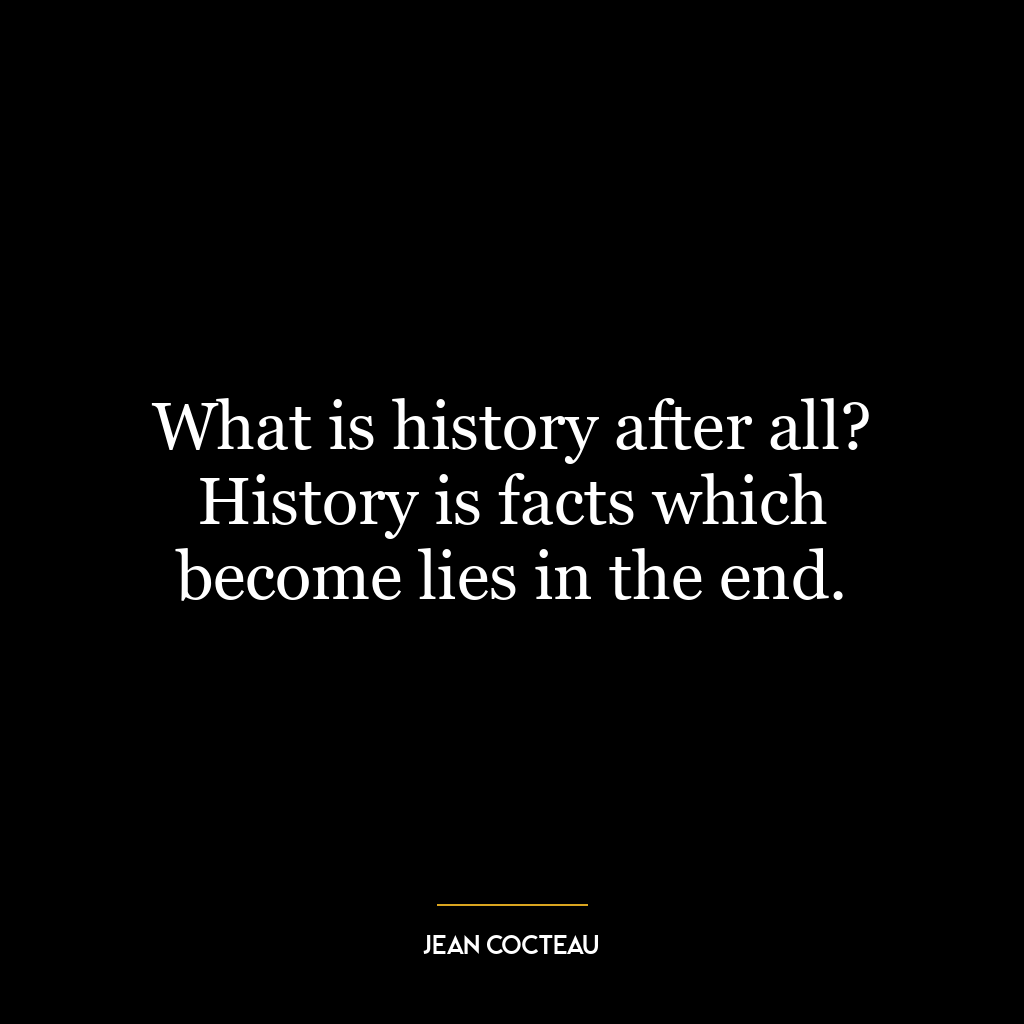Trust is built on telling the truth, not telling people what they want to hear.
This quote implies that trust is not won by pandering or telling people what they want to hear, but by being honest, transparent, and truthful. It’s easy to win temporary favor by saying what people want to hear, but that’s not a solid foundation for trust. Instead, trust is built over time through consistent honesty, even when the truth is uncomfortable or inconvenient.
This idea is particularly relevant today, in a world where misinformation can spread rapidly through social media and other platforms. In such a context, the value of truth-telling and trust-building cannot be overstated. Whether it’s in politics, business, or personal relationships, telling the truth is crucial to building and maintaining trust.
In personal development, this quote underscores the importance of authenticity and honesty. It’s a reminder that personal growth doesn’t come from telling ourselves what we want to hear but from facing the truth about ourselves, however difficult that may be. This might mean acknowledging our flaws, admitting when we’re wrong, or confronting uncomfortable truths. But in the long run, this honesty with ourselves is key to building self-trust and fostering personal growth.
Moreover, in our interactions with others, whether personal or professional, being truthful, even when it’s hard, helps build strong, trusting relationships. It might not always be the easiest route, but it’s the one that leads to trust and respect. This quote, therefore, serves as a reminder that honesty isn’t just a virtue—it’s a building block of trust and an essential component of successful relationships and personal development.









